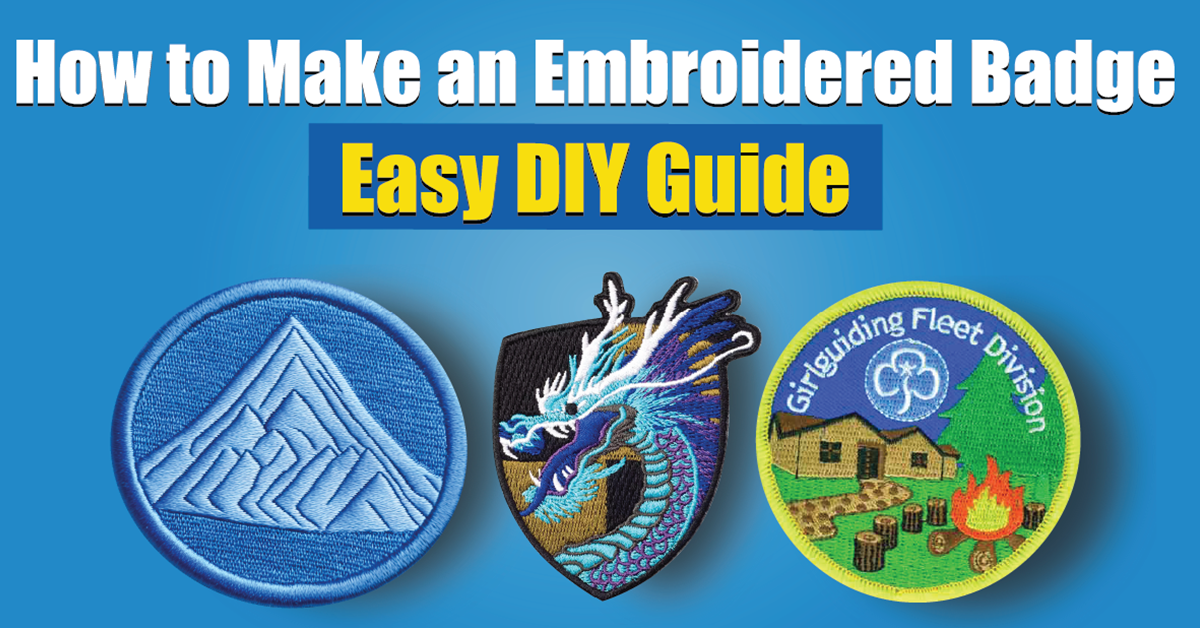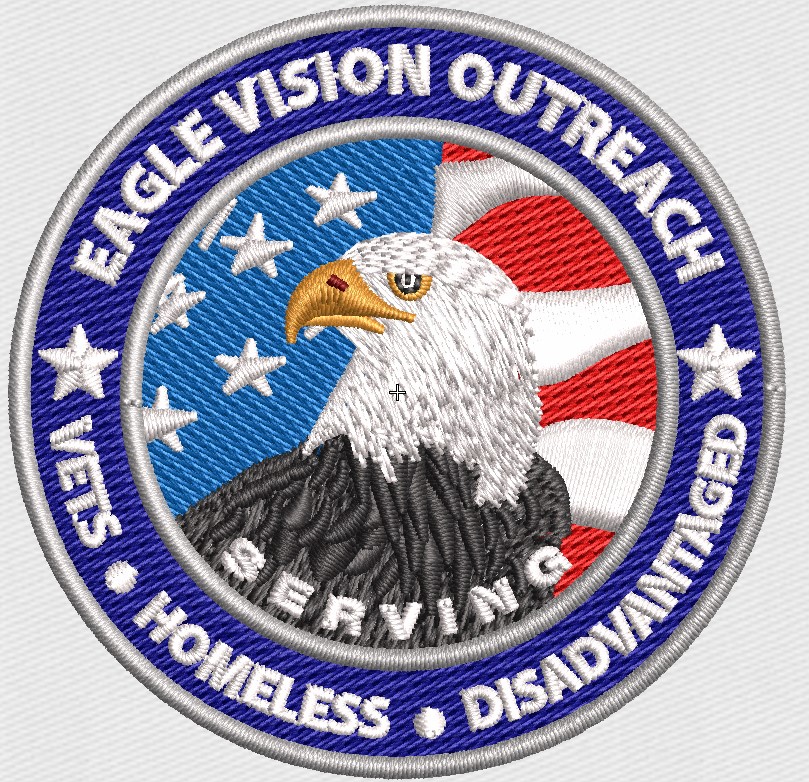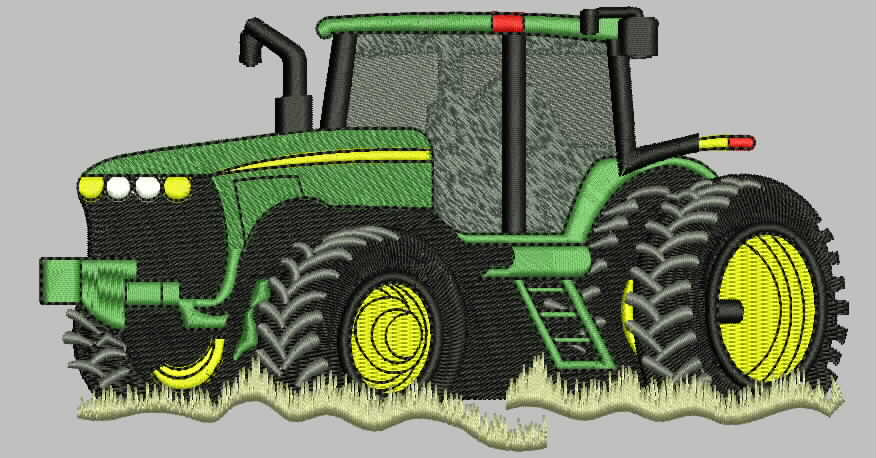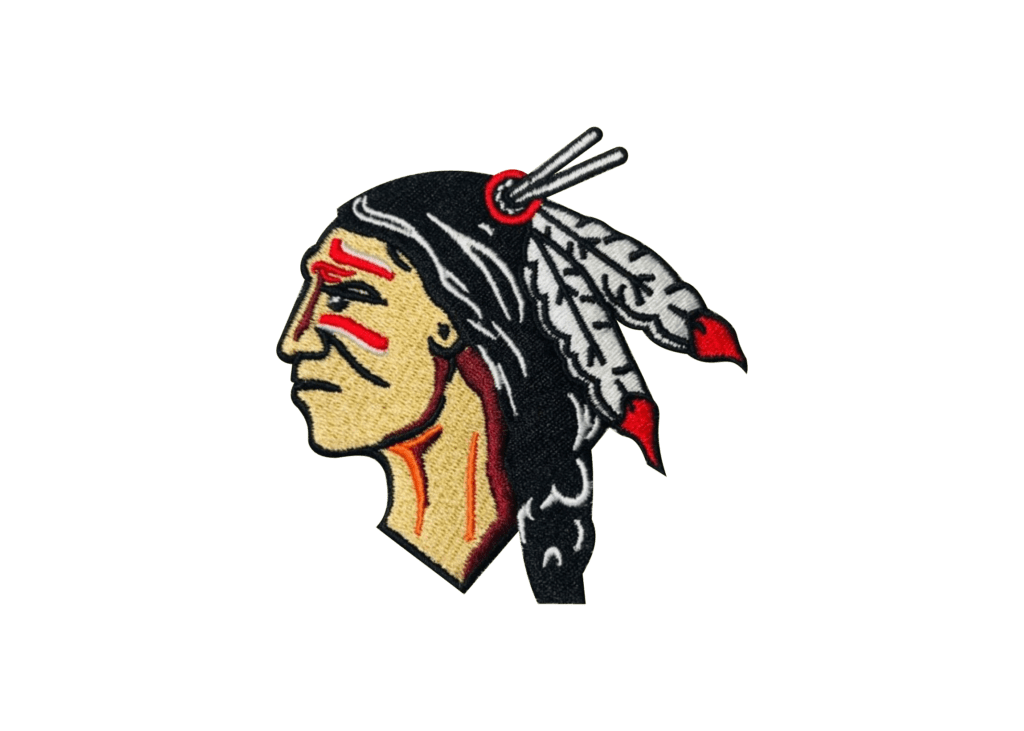
How to Make an Embroidered Badge: A Step-by-Step Guide
Clothing, accessories, and crafts look better with embroidered badges. It’s easy to make patches for teams, organizations, or personal projects with this comprehensive guide.
You’ll need
Gather these essentials before you start:
Thread for embroidery (various colors)
An embroidery hoop
You’ll need fabric (preferably cotton or canvas)
A needle for embroidery
Scissors
Pencil or fabric marker
Optional, for patch applications: Adhesive backing or heat-seal
Template for design (hand-drawn or printed)
Instructions Step-by-Step
Make Your Own Badge
Choosing a shape and size: Decide what the badge will look like (circle, oval, shield, etc.).
Ensure clarity and appropriate sizing for embroidery by drawing or printing your design.
Get the fabric ready
You’ll need to cut a piece of fabric that’s a little bigger than your badge design.
Stretch the fabric taut in the embroidery hoop.
Design transfer
Using a pencil or fabric marker, trace the design onto the fabric.
Ensure the design is centered within the hoop for accurate embroidery.
Start Embroidering
If you’re doing detail work, thread the needle with 2-3 strands of embroidery thread.
Backstitch for outlines, satin stitch for solid fills, and French knots for intricate details.
Keeping consistency and quality means following the design.
Finish the Badge
Trim excess fabric: Once embroidery is done, carefully cut around the design.
Use fabric glue or a zigzag stitch to seal the edges to prevent fraying.
Apply adhesive or heat-seal backing to the reverse side of the badge for durability.
Success Tips
Beginners should practice basic stitches on scrap fabric first.
Choose quality thread and fabric for a polished look.
For your first project, keep it simple.
Applications for Embroidered Badges
Badges embroidered with embroidery are versatile and can be used for:
Uniforms
Promotional items and branding
Gifts you can customize
Patches for Scouts or clubs
FAQs about Embroidered Badges
Q: Can I use any fabric for embroidered badges?
A: Cotton and canvas are ideal due to their durability and ease of embroidery.
Q: How can I prevent my embroidery from puckering?
A: Ensure the fabric is taut in the hoop and avoid pulling the thread too tightly.
Q: What is the best method to attach embroidered badges?
A: Heat-seal backing provides a secure and professional attachment method.
Final thoughts
Embroidering badges is a rewarding craft that combines creativity and skill. Here’s how to make beautiful, professional-quality badges for any purpose.
 +1 929-207-0098
+1 929-207-0098







